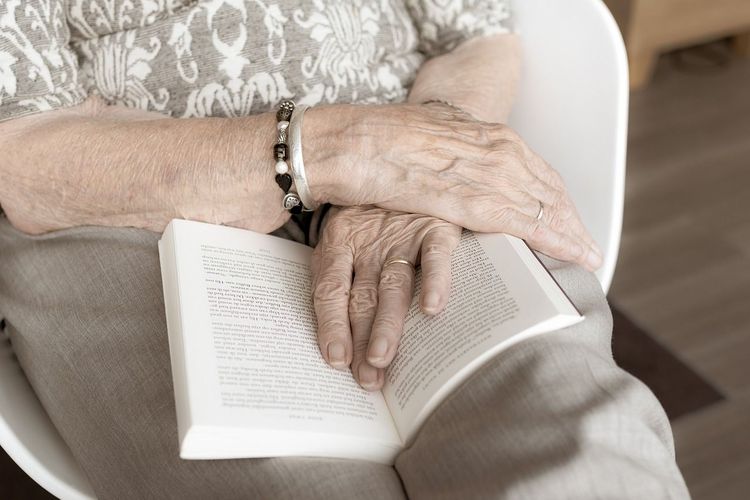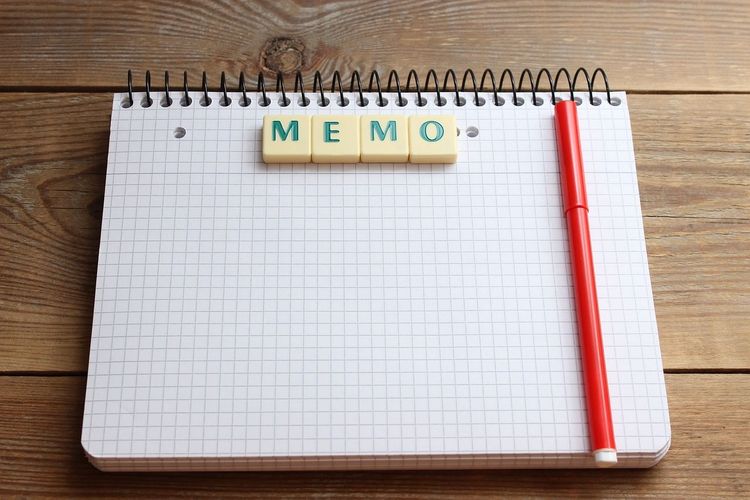On Tuesday night, Elon Musk’s AI platform, Grok, unveiled a new image-generation feature that, like its AI chatbot counterpart, operates with minimal safeguards. Users can create and share outrageous images—such as Donald Trump smoking marijuana on the Joe Rogan show—directly on the X platform. However, it's important to note that Grok's image generation is powered by Black Forest Labs, a recently launched startup.
The partnership between xAI and Black Forest Labs was disclosed when xAI announced that it was utilizing Black Forest's FLUX.1 model to support Grok’s new capabilities. Founded on August 1, Black Forest Labs aligns with Musk’s vision of creating an “anti-woke” chatbot experience, lacking the stringent controls found in image generators like OpenAI’s DALL-E or Google’s Imagen. The social media platform is already inundated with absurd images produced by this new feature.
Headquartered in Germany, Black Forest Labs has recently emerged from stealth mode, securing $31 million in seed funding led by Andreessen Horowitz, as stated in a recent press release. Other significant investors include Y Combinator CEO Garry Tan and former Oculus CEO Brendan Iribe. The company’s co-founders—Robin Rombach, Patrick Esser, and Andreas Blattmann—previously contributed to the development of Stability AI’s Stable Diffusion models.
According to Artificial Analysis, Black Forest Lab’s FLUX.1 models are rated higher than competitors like Midjourney and OpenAI's image generators, based on user feedback in their image arena. The startup has committed to “making our models available to a wide audience” with open-source AI image generation tools on platforms like Hugging Face and GitHub and plans to introduce a text-to-video model soon.
Concerns about Grok's lack of filters for its image generation have been vocalized, with some experts describing it as one of the most reckless AI implementations seen to date. Critics have pointed out that the influx of AI-generated images on X has raised more questions about safety rather than bolstering trust in these models. Some creations, like Pikachu brandishing an assault rifle, were not replicable using Google or OpenAI generators, highlighting potential copyright issues that could arise from the model’s training data.
This absence of safeguards likely influenced Musk's choice of collaborator. He has previously asserted that such measures can make AI models less reliable, claiming in a 2022 tweet, “The danger of training AI to be woke — in other words, lie — is deadly.”
Anjney Midha, a board director at Black Forest Labs, shared comparisons of images generated by Google Gemini and Grok’s collaboration on X. His thread pointed out Google Gemini’s persistent challenges in producing historically accurate imagery, particularly inappropriately infusing racial diversity.
Google has faced backlash for this issue, ultimately leading to its decision in February to disable Gemini’s ability to generate images of people. As of now, the platform still restricts this capacity.
The absence of safeguards raises serious concerns for Musk, especially following incidents where AI-generated deepfake explicit images of Taylor Swift circulated on the platform. In a recent development, five state secretaries urged X to address the misinformation surrounding Kamala Harris, a matter exacerbated when Musk shared a video suggesting Harris admitted to being a “diversity hire.”
By permitting users to share Grok’s AI-generated images—often without watermarks—Musk is effectively unleashing a torrent of misinformation across everyone’s newsfeeds on X.







